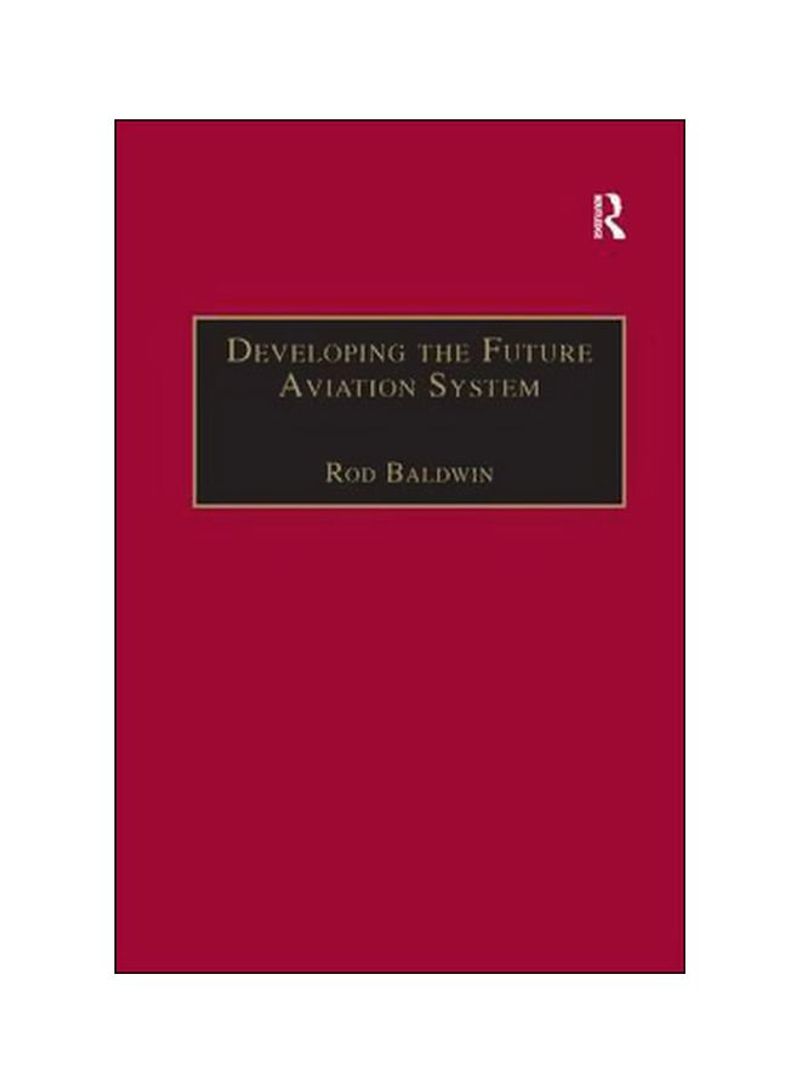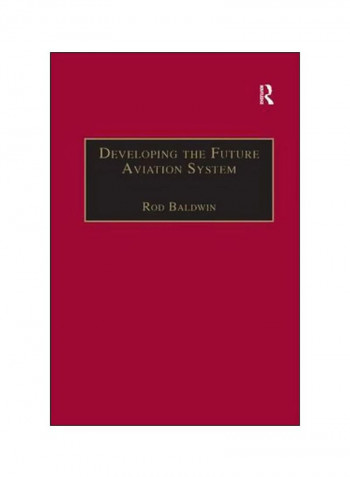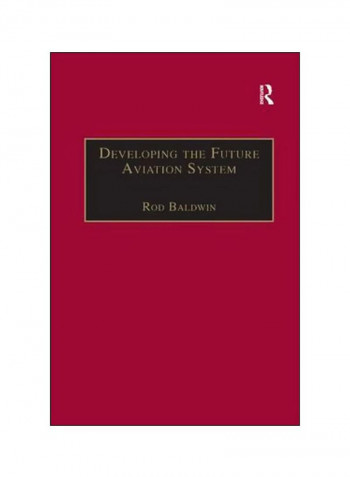Developing The Future Aviation System Paperback
Recommend
Sort by
Rating
Date
Specifications
Author 1
Rod Baldwin
Book Description
The major changes taking place in technology have some of the greatest effect in the world of aviation. Yet, in an industry which started with the concept of 'open skies', each sector has traditionally developed on its own and adjusted to developments in other areas as and when required. The need for integration is particularly important as the skies become increasingly crowded. More intense commercialization dramatically increases the interlocking between technological developments and the size of the financial investments required. For maximum efficiency the aviation system thus has to develop as an integrated whole with a greater awareness of events in other sectors. This book is intended to meet this requirement by addressing the breadth and depth of the aviation system and looking at some areas where significant advances are happening. While following the processes of development, the reader will see where the results might lead in the new century. Its three parts concentrate on areas of great significance - in integration as well as in technological progress - especially for their impact on human and social aspects. The editor and the invited contributors are amongst the foremost experts, researchers and industry leaders in their fields in the global aviation community, many with hands-on experience of massive change. The intended readership includes those who are moving into management functions in air traffic management, airplane manufacturing and airline operations; in training centres, colleges and institutions.
ISBN-10
1138263133
Language
English
Publisher
Taylor & Francis Ltd
Publication Date
15 November 2016
Number of Pages
216
About the Author
Dr Rodney Baldwin is Managing Director of Baldwin International Services, Luxembourg, and is currently working with a number of government agencies to improve aspects of the aviation industry and air traffic management. Previously he was Director of the Eurocontrol Institute of Air Navigation Services, where he played a key role in increasing its coordination with national government agencies. He has a doctorate in electronics and communications and has written numerous publications most recently with a chapter in Designing Instruction for Human Factors Training in Aviation, edited by Graham Hunt (Ashgate 1997).



